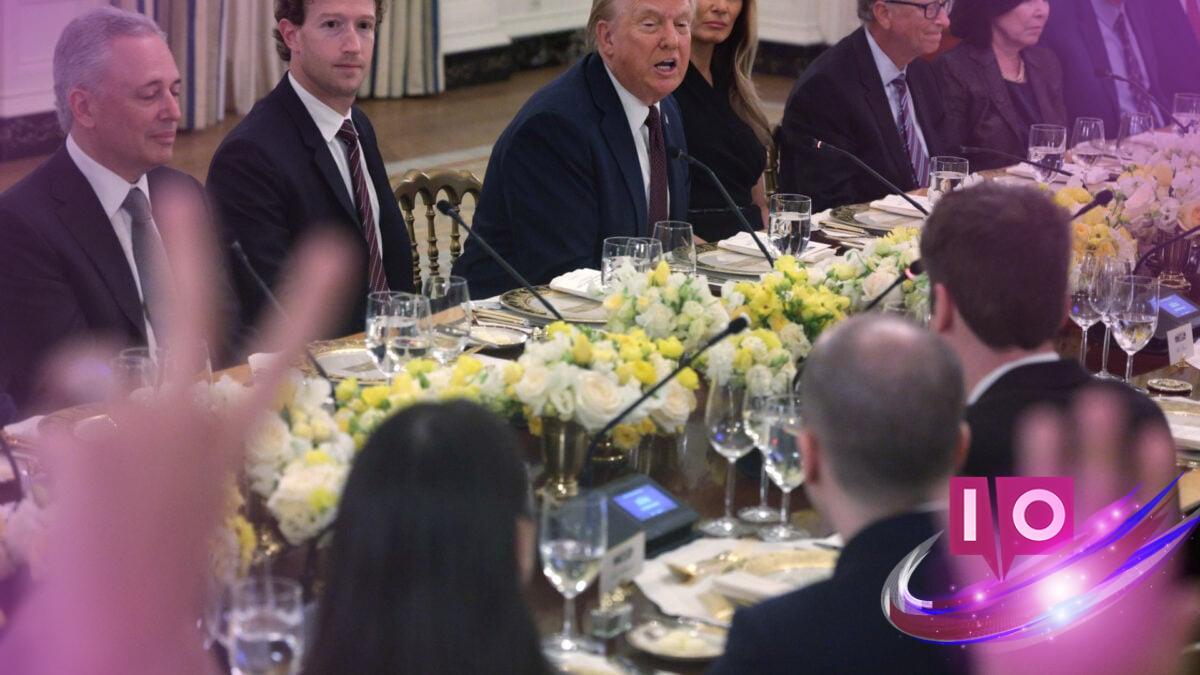On Friday, Donald Trump announced a controversial plan to impose a $100,000 annual fee on H-1B visa applications. This visa allows foreign professionals in specialty occupations to work in the United States, and the news has caused significant upheaval across multiple sectors. As the policy is slated to take effect this Sunday, major tech firms are urging H-1B workers to either stay in the U.S. or return from abroad before the new fee is enacted, as reported by CNBC.
According to reports, Amazon has advised its H-1B and H-4 visa holders, the latter designated for family members of H-1B workers, to return from overseas before the deadline of 12:01 a.m. ET on September 21. Similarly, Microsoft warned its employees that this policy acts as a travel restriction, putting their worker status in jeopardy if they travel internationally. The company recommended that H-1B visa holders cancel any future travel plans for the foreseeable future.
Tech companies are the largest employers of H-1B workers. The top six H-1B sponsors, according to data from Citizenship and Immigration Services, include industry giants like Amazon, Microsoft, Meta, Apple, and Google. With the new stipulations requiring either H-1B holders or their sponsors to pay $100,000 annually to maintain the visa, Amazon could potentially face over a $1 billion yearly expense to retain its more than 10,000 H-1B employees.
However, it’s not just technology that relies heavily on international talent. Over 30% of medical residents in the U.S. are international graduates, with H-1B visa holders filling between 10,000 to 43,000 residency spots. A doctor shortage already looms, with the Association of American Medical Colleges projecting a deficit of 20,200 to 40,400 primary care physicians by 2036, exacerbated by new restrictions.
Foreign governments are also reacting swiftly to the new policy, expressing concern about its humanitarian implications. India’s Ministry of External Affairs stated that such measures could disrupt families, urging the U.S. authorities to address these concerns. South Korea’s foreign ministry is similarly assessing the potential ramifications for their workers in the U.S., per CNBC.
In a typical fashion, the Trump administration is attempting to clarify the initially vague details of its announcement. According to Axios, officials reassured that the new fees won’t apply to existing visa holders re-entering the country, meaning they can travel back without facing the $100,000 charge. However, the fees are expected to impact the next wave of H-1B applicants. Whether visa holders feel confident in this assurance remains to be seen.
What does the $100,000 fee mean for H-1B workers? This fee poses a potential barrier to foreign laborers who already face complexities in the U.S. immigration process.
How are tech companies reacting to these changes? Tech giants like Amazon and Microsoft are proactively advising their H-1B visa holders to avoid international travel to protect their employment status amid the new fee announcement.
What impact will the fee have on the medical field? Given that a substantial number of medical residents are H-1B visa holders, this new fee could worsen the existing doctor shortage in the U.S.
Are foreign governments concerned about the new policy? Yes, countries like India and South Korea are actively assessing how this policy may affect their citizens employed in the U.S.
As changes loom in the immigration landscape, it’s clear that both industries and individuals are navigating uncharted waters. If you’re interested in exploring more about immigration policies and their impact, check out Moyens I/O for in-depth articles and updates.
